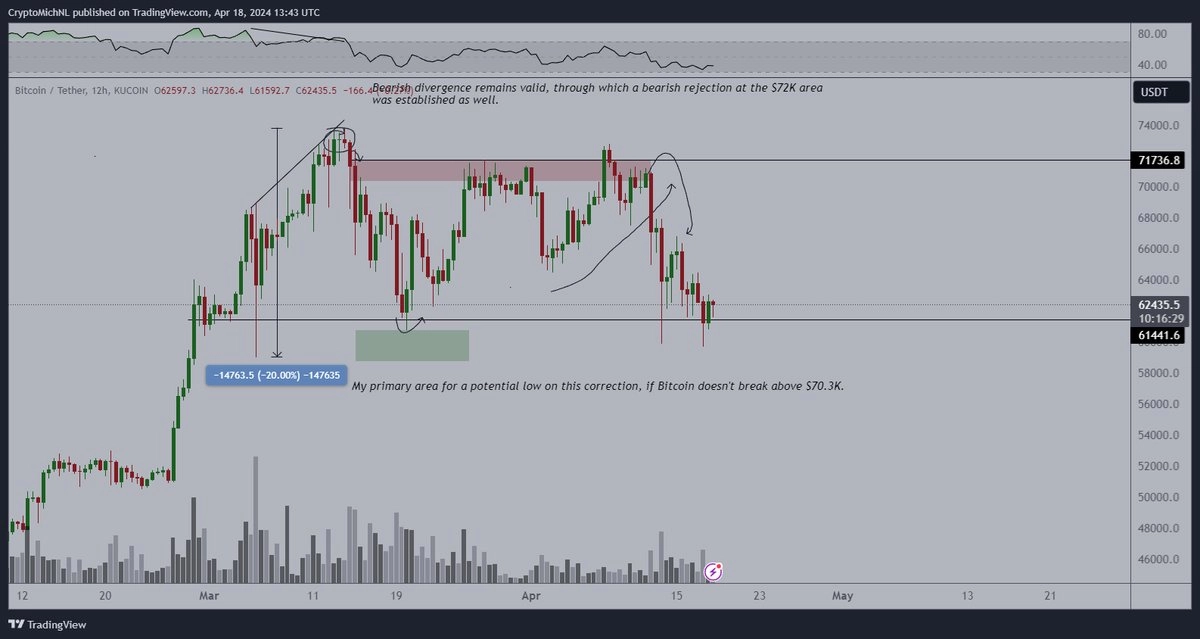Coinspeaker
United States National Debt Surpasses $33 Trillion Benchmark
The United States has hit a historic milestone as its national debt recently surpassed $33 trillion, a staggering figure that reflects the enormous financial challenges facing the nation.
The Negative $33 Trillion Milestone
On Monday, the Treasury Department announced that the United States’ national debt had reached an all-time high of $33.04 trillion. To put this staggering figure into context, it means that the federal government borrowed this enormous sum to fund its running expenses.
One of the major contributors to the soaring national debt has been the substantial increase in federal spending. Between fiscal 2019 and fiscal 2021, federal spending experienced a dramatic upswing, accounting for approximately half of the debt increase. Tax cuts implemented during this period aimed to stimulate economic growth but also reduced government revenue, worsening the debt problem.
In response to the economic challenges posed by the COVID-19 pandemic, the government introduced stimulus programs to provide financial relief to individuals and businesses. While necessary, these programs required substantial borrowing to fund.
Furthermore, widespread unemployment during the pandemic led to decreased tax revenue, as fewer people were employed and earning taxable income.
Meanwhile, a significant portion of the blame for the escalating national debt is being placed on trillions of dollars in tax cuts, which are argued to have primarily favored the wealthy and large corporations over the past two decades.
Critics argue that these tax cuts, often framed as “trickle-down economics,” have not delivered the promised benefits to the broader population. Instead, they contend that the lion’s share of the economic gains has gone to those at the top of the income ladder.
Michael Kikukawa, a White House assistant press secretary, asserts that congressional Republicans are seeking to “double down on trickle-down” by advocating for the extension of President Trump’s tax cuts while simultaneously repealing President Biden’s corporate tax reforms.
Congressional Standoff Over Government Funding
The national debt has emerged as the focal point of a congressional standstill over a spending bill that would fund the government until the next funding cycle. Republican lawmakers are advocating for reduced government spending to tackle the debt crisis. They emphasize fiscal responsibility and are wary of excessive government expenditure.
Democrats, on the other hand, support President Joe Biden’s ambitious programs, including the Inflation Reduction Act, which is estimated to cost over $1 trillion over the next decade. Their focus is on addressing various socio-economic challenges, including inflation.
The House Republicans recently introduced a bill to fund the government until October 31, proposing an 8% cut to domestic programs with exceptions for national security. However, this bill faces challenges in the Democrat-controlled Senate, where it is not expected to pass.
As the debate over taxation and government spending intensifies, Congress faces a critical deadline. Lawmakers have until September 30 to pass a spending bill to fund the government and prevent a catastrophic shutdown.
United States National Debt Surpasses $33 Trillion Benchmark





